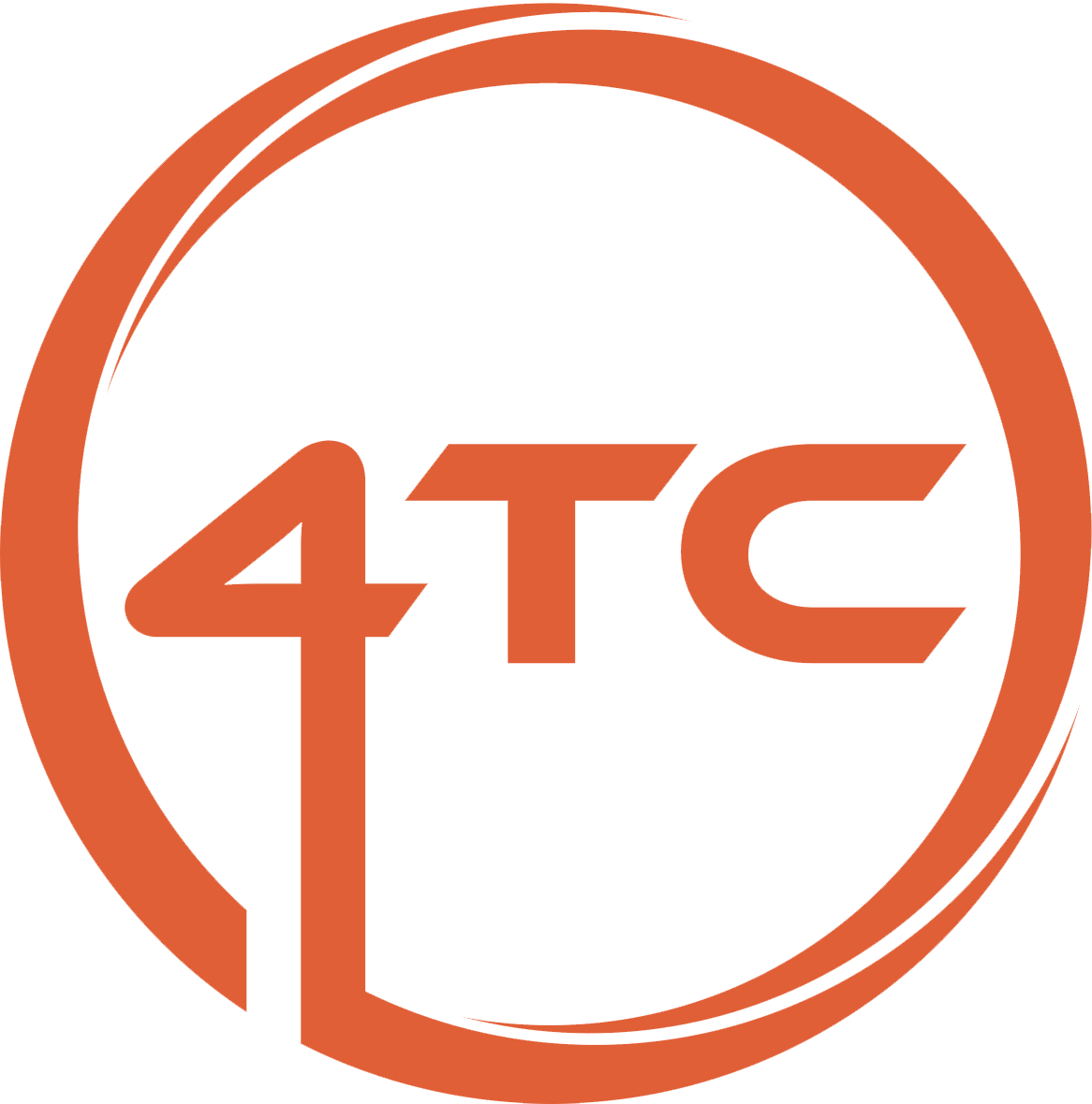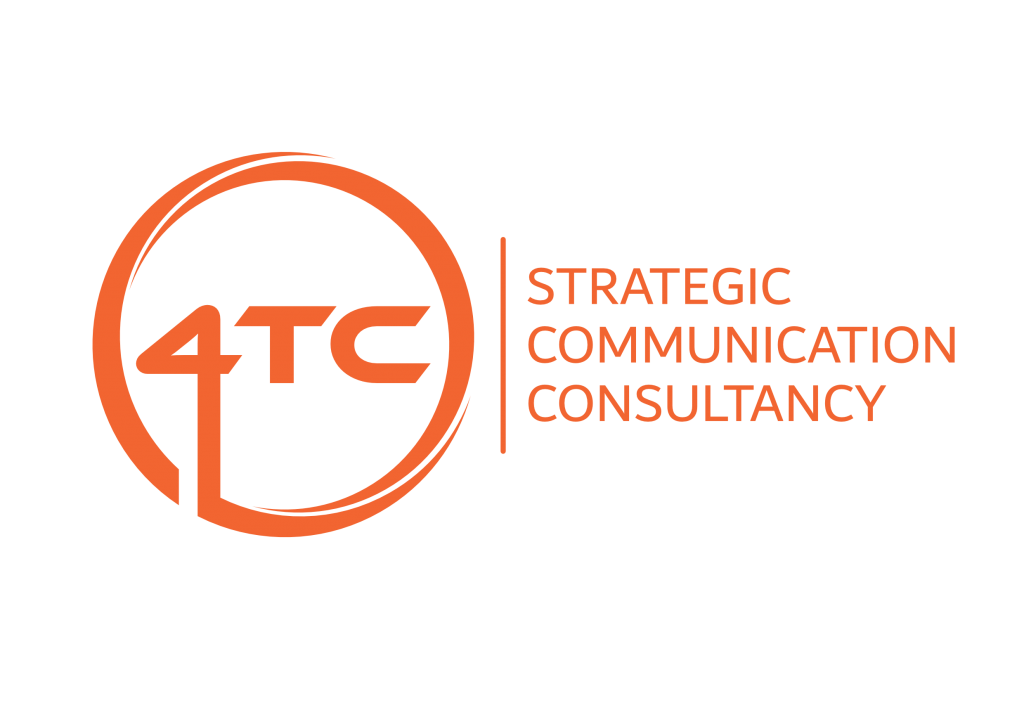Thinking about Authenticity? Authentic communication is a good start
You can’t go anywhere these days – in marketing and communication, anyway – without someone getting all authentic on you. Authenticity is a business imperative.
As such, authenticity needs measuring and tracking – and where better to start that with your communication? After all, if your communication strategies and activities aren’t seen as authentic, then how can you be?
Based on decades of communication and journalism experience, 4TC has developed a self-assessment tool – it’s part of the Authentic8 | Communication Authenticity & Effectiveness Audit.
The Authentic8 Self-Assessment module is based around a simple, thought-provoking questionnaire. It will provide you with a clear indication of where you are on your communication authenticity journey – and the things you might consider to help you go further, faster. Click here or below to give it a go.
It’s probably worth reminding ourselves why authenticity is important, what it means and how it manifests in communication.
- 90% of people use authenticity to decide which brands they like[1]
- 83% of marketers consider authenticity to be important to their brand
- 57% of consumers believe that less than half of brands communicate authenticity
- Authenticity (in leadership) is the strongest single driver of work happiness and job satisfaction – two key factors in employee engagement
Authenticity is a key factor in business success – but (and in case you’re wondering) what is authenticity? We came up with a definition (based on our decades of communication experience) which no-one (so far) has disagreed with.
Authenticity is:
- Honest – representing something as it actually is
- Targeted and Personal – talking to the right people, through the right channels in the right language
- Professional – transparent in response, able to admit fault and apologise
- Inclusive – bringing the team along on the journey
- Not a ‘Tick in the Box’ – false impressions, inconsistency, greenwashing, avoidance
[1] Stackla Research – 2017/19
The 4TC Authentic8 Self-Assessment is based on the eight pillars of communication that underpin the entire Authentic8 audit process.
Language is about the way you speak or write, the flow or words and your choice of words.
Tone is about the overall sense of what you are communicating and what that says about you. How does it make someone feel towards the subject/brand/organisation?
Is your communication structured – beyond language and tone – to contain clear messaging that is important to your target audience?
What does your communication consist of – does the content you choose to communicate add value, does it serve a purpose, and does it benefit your audience?
The accessibility of your communication is as important to your authenticity score as is language, tone, messaging, and content. It speaks to the clarity and visibility of your communication.
Tolerance for inauthenticity may be higher amongst some audience groups than amongst others. Communication should be viewed in the context of who will be receiving it.
How does you communication reach its intended audience? Are you using the right channels – e.g. web, email, social media, news media, internal platforms – and are you executing a strategic approach to delivery?
Engagement is the culmination of language, tone, messaging, content, accessibility, and delivery. It is the ultimate barometer of the effectiveness, and therefore authenticity, of your communication.
Evaluating your communication in the context of each of these elements provides insight into your communication’s authenticity and therefore its effectiveness in communicating your business or organisation’s stories and truths.
If you would like to know more about anything you’ve read here, or would like to discuss the Authentic8 Communication Authenticity and Effectiveness Audit, please get in touch with us at info@4TC.ie




